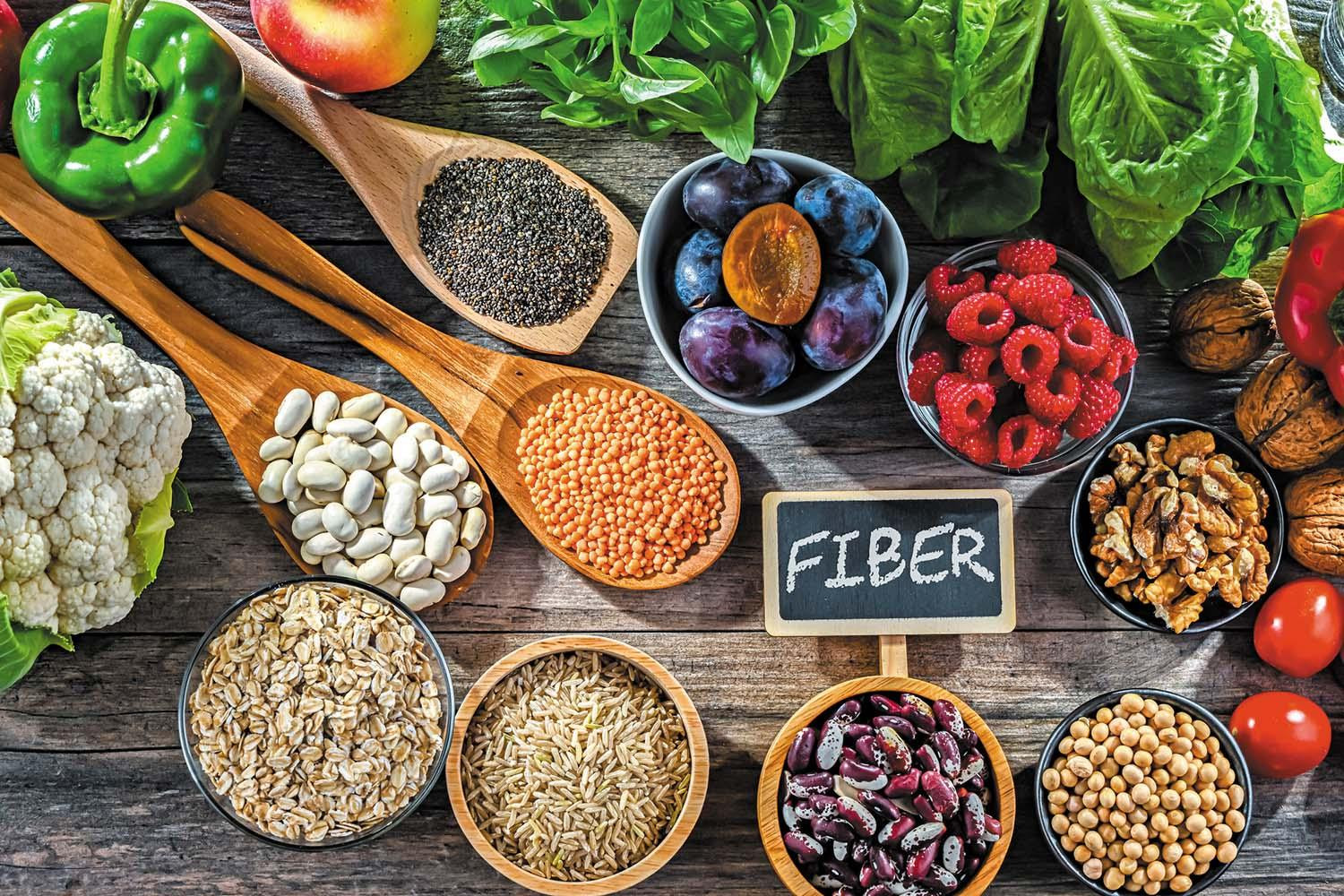Fiber-rich diets may lower the risk of stroke
Research we're watching
- Reviewed by Christopher P. Cannon, MD, Editor in Chief, Harvard Heart Letter; Editorial Advisory Board Member, Harvard Health Publishing

People whose diets include plenty of fiber may be less likely to have a stroke than those who eat little fiber, according to a study published online April 29, 2025, by Stroke.
The study included 39,010 people (including 1,453 who survived a stroke) who took part in nationwide nutrition surveys between 1999 and 2018. Researchers categorized them by how much fiber they ate daily: low (about 11 grams or less), medium (about 11 to 18 grams) and high (about 18 grams or more). Compared with people in the low-fiber group, those in the high-fiber group had 29% lower odds of a stroke. Higher fiber intakes were also linked to a lower risk of death from all causes and increased survival after a stroke. The observed benefits may stem from fiber’s ability to dampen inflammation, lower cholesterol, and improve insulin sensitivity. Good sources of fiber include whole grains, beans, nuts, vegetables, and fruits; for more detail, see “How a fiber-rich diet promotes heart health” in the August 2022 Heart Letter.
Image: © monticelllo/Getty Images
About the Author

Julie Corliss, Executive Editor, Harvard Heart Letter
About the Reviewer

Christopher P. Cannon, MD, Editor in Chief, Harvard Heart Letter; Editorial Advisory Board Member, Harvard Health Publishing
Disclaimer:
As a service to our readers, Harvard Health Publishing provides access to our library of archived content. Please note the date of last review or update on all articles.
No content on this site, regardless of date, should ever be used as a substitute for direct medical advice from your doctor or other qualified clinician.
















